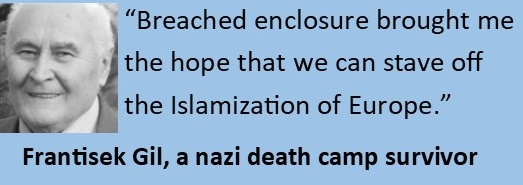What is the difference between managers and ordinary workers? Obviously it is wealth, power and character traits. But is it possible to find a simple, universal criterion? I suggest the following:
Employees are paid for acquiring certain skills and performing certain tasks based on those skills. For example, they may know how to assemble technical equipment. Or they may know how to call customers and persuade them. Or they may know how to organise the work of others so that it gets done on time.
The manager is paid to defend his position against other interested parties. All his activities therefore consist of fighting for position. His skills correspond to this. If he can do something else (such as assemble the technical equipment), this is irrelevant to his managerial role.
Directors of companies or banks do not work or organise (that is what specialists and senior specialists are for), they just compete with each other. If they were to disappear, it would have no effect on the activities of the organisation. This does not mean, however, that their situation is easy and that the struggle to maintain their position is not exhausting.
The question arises as to whether organisations having created such a managerial layer are ready to be broken up into several smaller ones.


